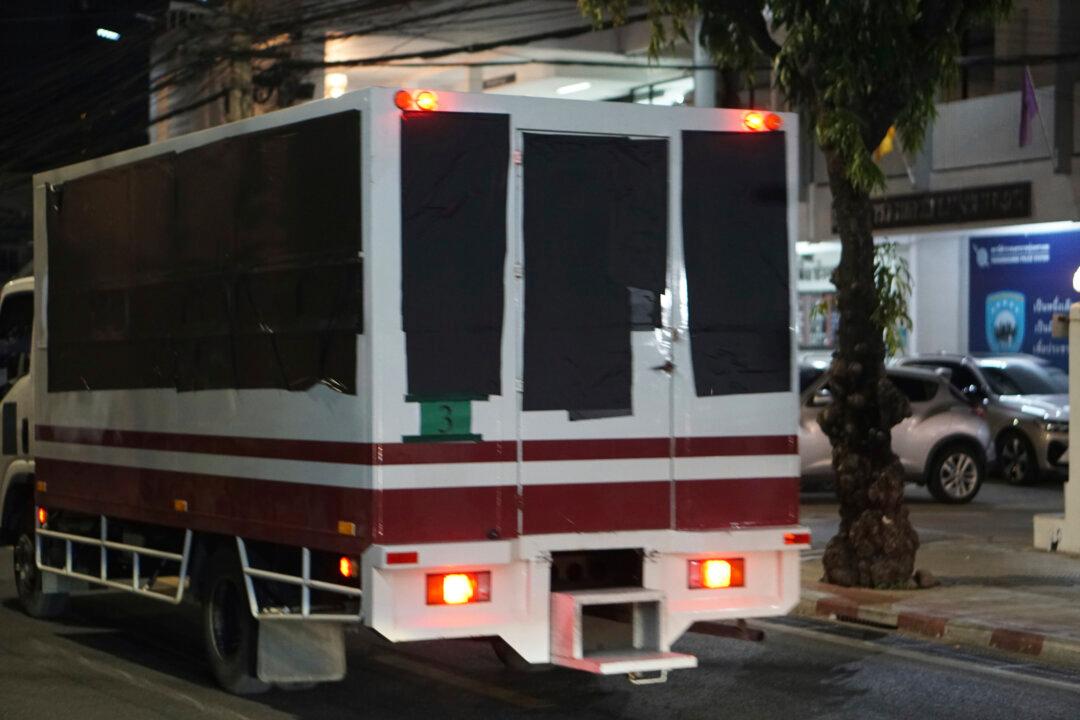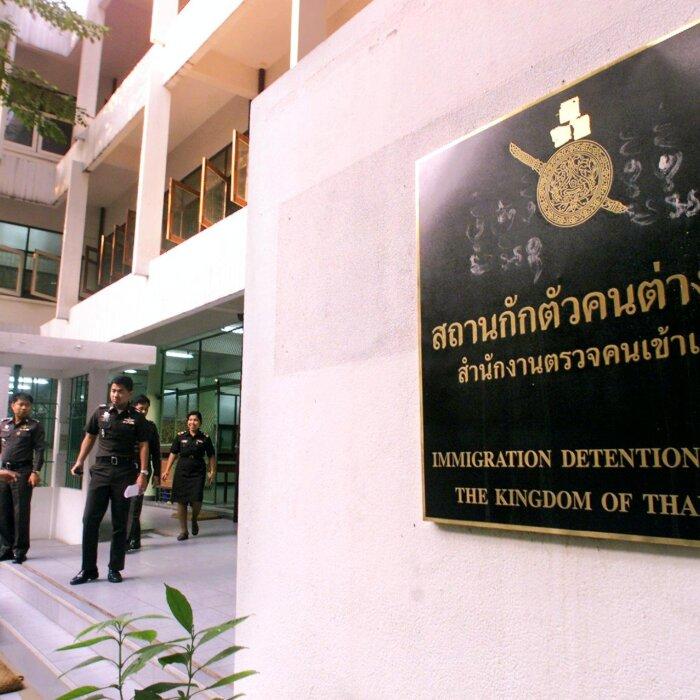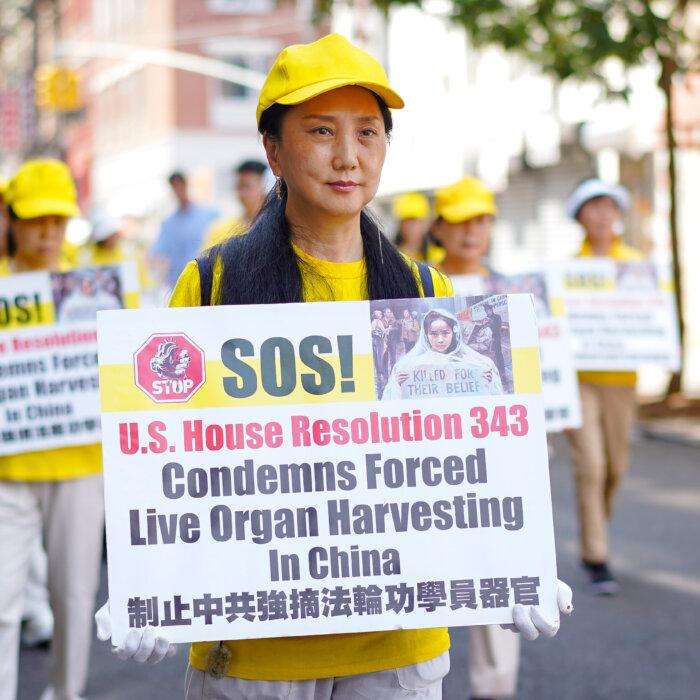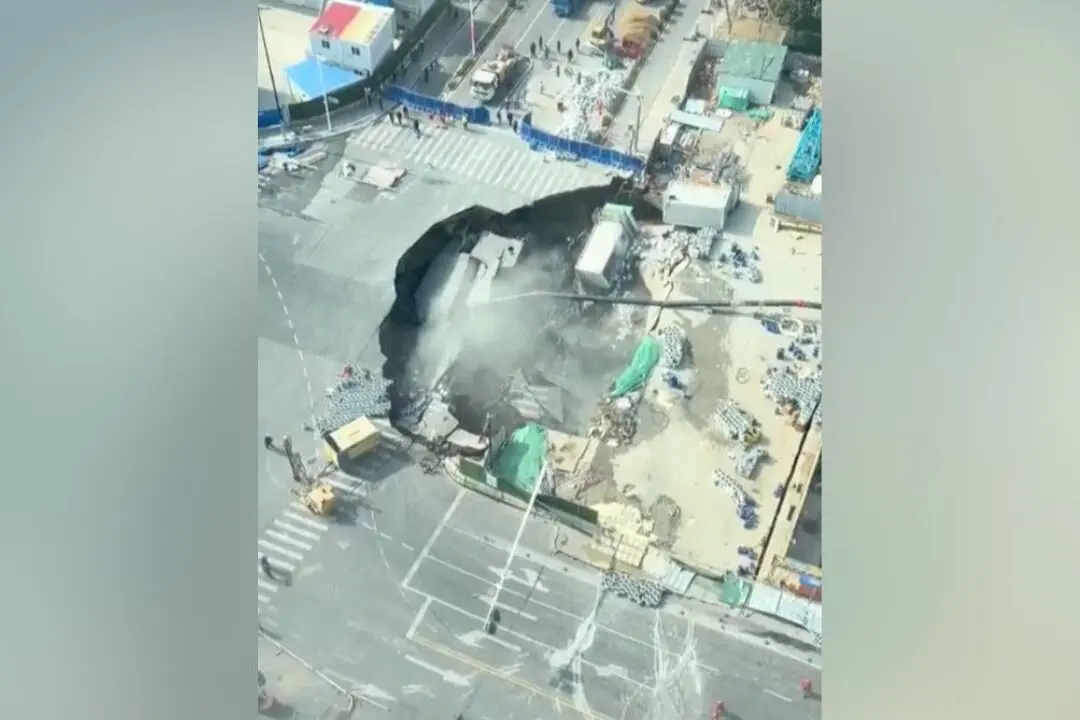Dozens of Uyghur Muslims who have been detained in Thailand for more than a decade were deported to China on Feb. 27, a move that sparked widespread condemnation.
Beijing confirmed that 40 Chinese nationals who were involved in what it called illegal immigration arrived in China on Feb. 27, according to an online statement from China’s Ministry of Public Security.
The ethnic minority Uyghurs are subjected to mass detention in China, with an estimated 1 million or more being placed in a sprawling network of internment camps and other detention facilities in the far-western region of Xinjiang.
The U.N. Refugee Agency stated that, over the past decade, Thai authorities have not granted access to the group despite repeated requests. The agency expressed concern over the latest deportations to China.
‘High Risk of Torture’
The news of the transfer of Uyghurs to China raised concerns among lawmakers and activists.“Thailand has a choice to not be on the side of genocide,” U.S. Rep. Brian Mast (R-Fla.), chairman of the House Foreign Affairs Committee, said in a statement.
The Inter-Parliamentary Alliance on China (IPAC), a coalition of lawmakers from more than three dozen democratic countries, criticized the Thai government for deporting the Uyghur men who were seeking international protection.
“By deporting the group of Uyghur to China, in full knowledge of the grave risks they face, the Thai government has severely damaged global credibility and undermined its bilateral and multilateral relationships.”
Thai Deputy Prime Minister Phumtham Wechayachai told Reuters that the Uyghurs were returned in accordance with Thai law and international standards and that they “will be looked after well” in China.
But Rushan Abbas, executive director of the nonprofit Campaign for Uyghurs, expressed skepticism.
With global attention on the case, she said, “the CCP is already weaponizing the forced return of 40 Uyghurs to fuel its propaganda machine.”
“Just as it has done in the past, Beijing will exploit staged ‘family reunion’ videos to project false narratives of normalcy and whitewash its ongoing genocide,” she told The Epoch Times.
After Abbas spoke in public about the abuses in Xinjiang in 2018, her sister, Gulshan Abbas, disappeared in China and a 20-year prison term was later imposed on her in a secret trial.
“I will only believe China’s staged narrative of family reunions and normalcy if the CCP first reveals the fate of the Uyghurs deported in 2015,” Rushan Abbas said. “Where are they? Are they alive, free, and living with their families—or have they vanished into the depths of China’s prison camps?
“Until those lives are accounted for, these orchestrated images are nothing but propaganda to mask the horrors of genocide.”







